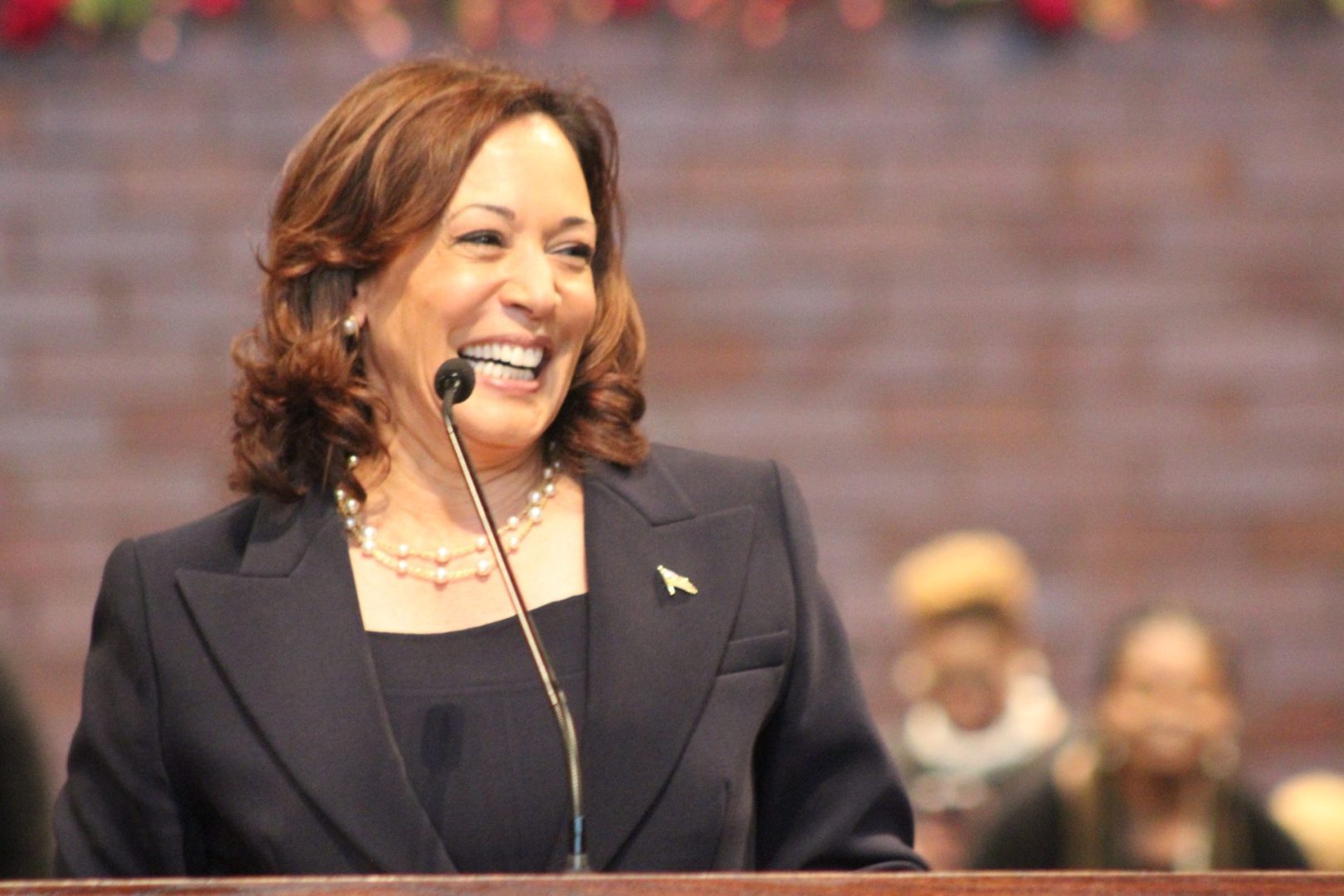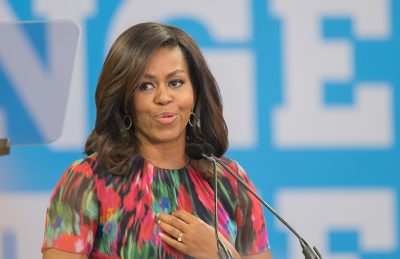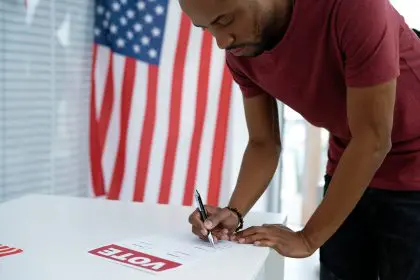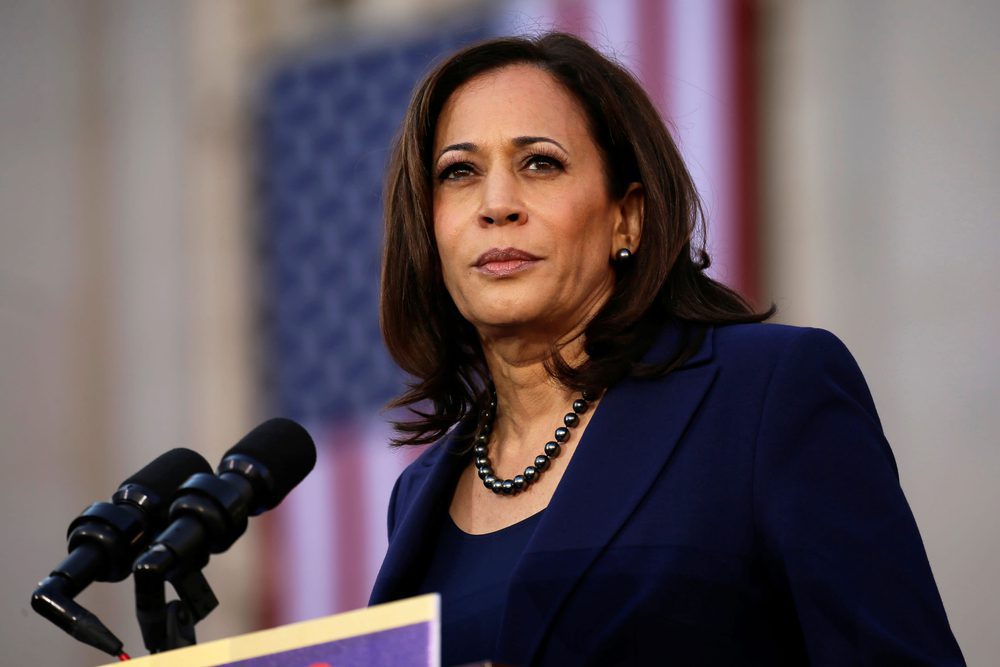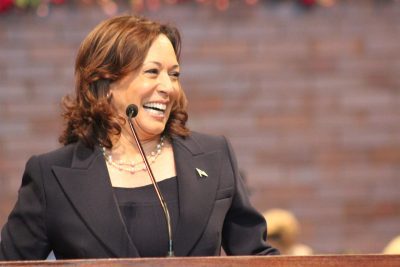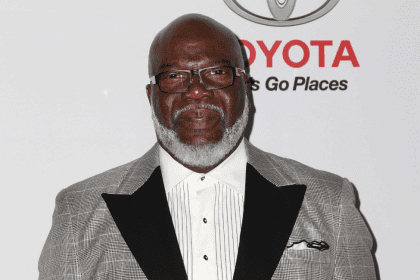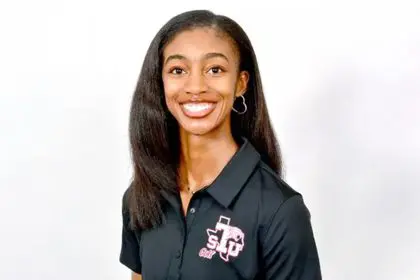The ongoing scrutiny of Vice President Kamala Harris has reignited discussions around her identity and authenticity, particularly regarding her speech patterns. Critics, including former President Donald Trump, have attempted to undermine her Blackness by suggesting she alters her accent to appeal to different audiences. This narrative gained traction during the recent 2024 Congressional Black Caucus (CBC) Foundation’s Phoenix Awards Dinner, where Harris addressed a predominantly Black audience.
The CBC dinner incident
During the CBC dinner on Sept. 14, 2024, Harris greeted attendees with a warm, familiar tone, saying, “Hello to all of my Divine Nine brothers and sisters, and my sorors.” Her lighthearted demeanor and references to historically Black colleges and universities (HBCUs) sparked a wave of social media commentary, with some accusing her of being inauthentic. Critics took to X, formerly Twitter, expressing their disdain for what they perceived as a “new accent” that Harris unveiled at the event.
Criticism and defense
Critics have long pointed to Harris’ use of African American Vernacular English (AAVE) and her speech adjustments as evidence of pandering to Black voters. This criticism is not new; throughout her political career, Harris has faced backlash for her speech delivery, particularly when addressing diverse audiences. For instance, during a speech in Detroit, she was questioned about adopting a “Southern accent,” a claim that White House Press Secretary Karine Jean-Pierre dismissed as unfounded.
Supporters of Harris, particularly within the Black community, argue that her speech reflects a broader cultural phenomenon known as code-switching. This term refers to the practice of adjusting one’s speech or behavior based on the social context, a common experience for many people of color. W.E.B. Du Bois’ concept of “double consciousness” resonates here, as it highlights the dual identity that many Black individuals navigate in predominantly White spaces.
Code-switching: A common experience
Many defenders of Harris emphasize that her speech patterns are not new but rather a reflection of her identity and experiences. One user on social media noted, “This is actually the way she speaks. The voice y’all are used to is the one she’s using when she’s having to conform in her workspace to be accepted by her peers that don’t look like her.” This sentiment echoes the experiences of countless Black professionals who adapt their speech in different environments.
Humor also plays a role in this conversation, as seen in memes that celebrate code-switching as a “Black art.” Influencers and commentators have pointed out that this practice is a survival tactic for many Black individuals navigating predominantly White spaces.
Expert opinions on Harris’ speech
Experts in linguistics have weighed in on the debate surrounding Harris’ speech. Nicole Holliday, an associate professor at the University of California, Berkeley, argues that the critiques of Harris’ code-switching miss the larger point. In an interview, she stated, “She sounds Black. She sounds professional. She sounds like a woman. She sounds Californian, all of these things. And she pretty much consistently does.” Holliday’s research supports the idea that Harris’ speech reflects her multifaceted identity as a Black woman in a position of power.
Holliday’s 2023 paper, “Complex Variation in the Construction of a Sociolinguistic Persona: The Case of Vice President Kamala Harris,” explores how Harris navigates linguistic landscapes, drawing parallels to former President Barack Obama, who also adapted his speech to connect with diverse audiences.

